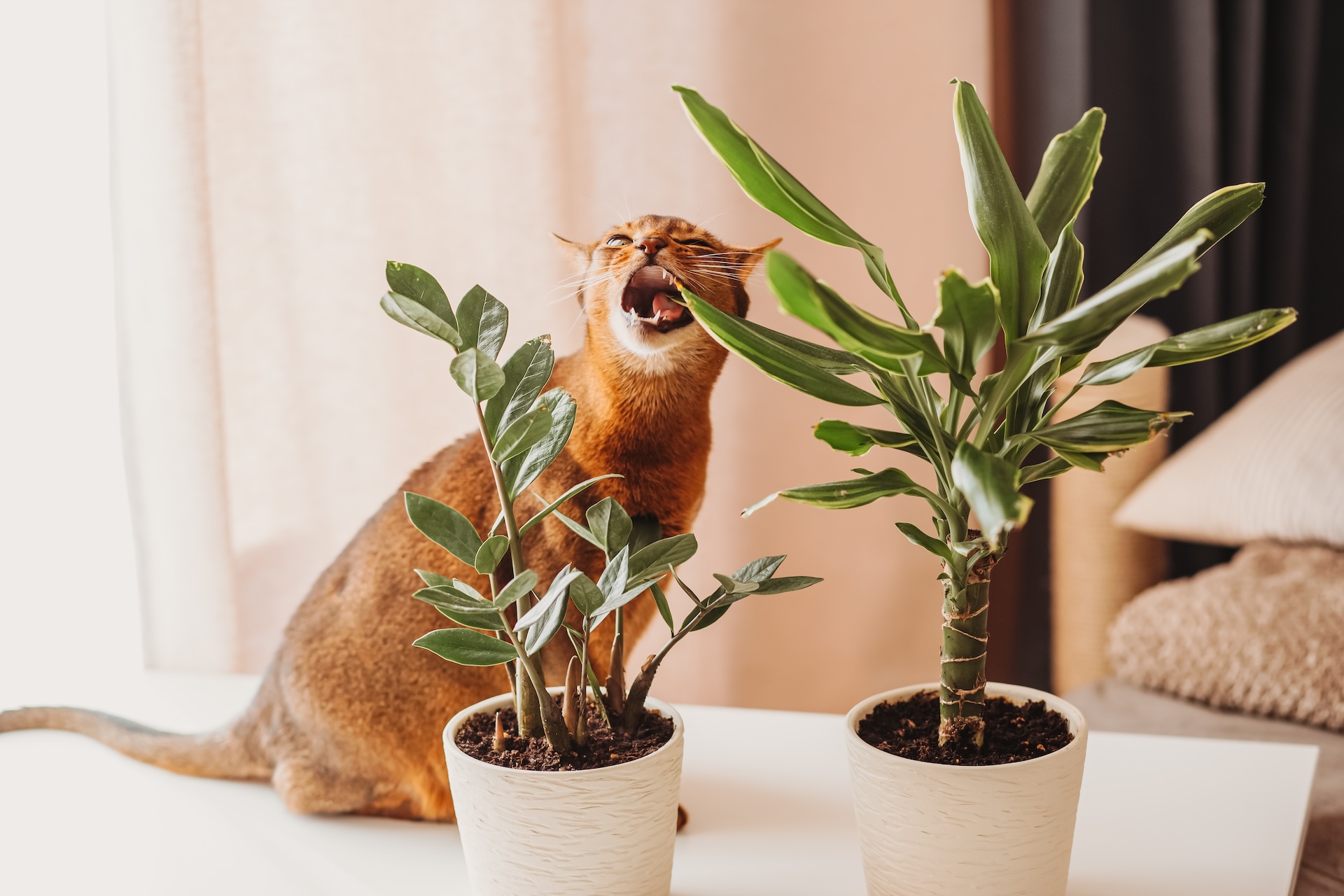Our homes are meant to be safe havens for both us and our beloved pets. However, lurking within the confines of our living spaces are potential hazards that might not be immediately apparent—household toxins. These seemingly harmless items can pose serious threats to the well-being of our furry companions. In this blog post, we’ll shed light on some common household toxins and provide tips on how to keep your pets safe.
1. Poisonous Plants:
While houseplants add a touch of nature to our homes, some can be toxic to pets. Varieties such as lilies, philodendrons, and poinsettias can cause adverse reactions if ingested. Ensure that any plants within reach are safe for your pets or consider placing them out of reach. Lilies can cause kidney failure in cats
2. Chemical Cleaners:
The cleaning products we use to maintain a hygienic home often contain chemicals that can be harmful to pets. Bleach, ammonia, and certain detergents can cause respiratory distress or gastrointestinal issues. Opt for pet-friendly cleaners or ensure that surfaces are thoroughly rinsed and dried after cleaning.
3. Human Medications:
Prescription and over-the-counter medications intended for human use can be toxic to pets. Keep medications securely stored, and avoid administering any medication without consulting your veterinarian. Be especially cautious with medications like acetaminophen and ibuprofen, which can be lethal to pets.
4. Foods Harmful to Pets:
Certain human foods can be toxic to pets. Chocolate, grapes, onions, garlic, and xylitol (found in sugar-free gum and some peanut butter) are just a few examples. Be mindful of what your pet has access to and keep toxic foods out of reach.
5. Essential Oils:
While essential oils are popular for aromatherapy, some can be harmful to pets. Oils like tea tree, eucalyptus, and citrus can cause respiratory distress or skin irritation. If using essential oils, ensure proper ventilation and keep them in areas inaccessible to pets.
6. Pesticides and Rodenticides:
Common household chemicals used to eliminate pests can be extremely dangerous to pets. Keep pesticides and rodenticides out of reach, and consider pet-friendly alternatives or natural methods for pest control.
Tips for a Pet-Safe Home:
- Pet-Proofing: Regularly assess your home for potential hazards and make necessary adjustments.
- Secure Storage: Store chemicals, medications, and hazardous items in secure cabinets or high shelves.
- Educate Yourself: Be aware of common household toxins and their effects on pets.
- Emergency Plan: Familiarize yourself with emergency procedures in case of accidental exposure and keep the contact information for your veterinarian and a pet poison control hotline easily accessible.
By taking these proactive steps, you can create a safer environment for your furry family members. A pet-friendly home is a happy and healthy home!
Here’s to a toxin-free haven for our pets!

